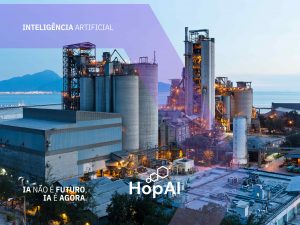When it comes to artificial intelligence, one of the concerns that arises is about the impact this technology will have on people’s work. Research points to various predictions indicating low or high risk of job replacements.
One of the most well-known studies was conducted by Carl Frey and Michael Osbourne in 2013, predicting that nearly 50% of jobs in the USA could be replaced by machines, while the study by researchers Melanie Arntz, Terry Gregory, and Ulrich Zierahn (2016) estimated this figure to be 9%.
According to a report by the International Labour Organization (ILO), it is more likely that most jobs will be complemented by artificial intelligence tools rather than replaced, and it is believed that the greatest impact will be potential changes in the quality of jobs.
Continuing in this vein, Goldman Sachs (2023) issued a report on the effects of AI on economic growth where their estimates suggest that generative AI has the potential to cause significant job automation on a global scale. The good news is that historically, the economy has adapted and created new job opportunities to offset these losses.
As we can see, research points to a variety of predictions, meaning that the future of work is uncertain and there is room to shape it favorably.
Impact on the Workforce
One of the impacts we can notice is that AI is transforming the nature of occupations, making work more centered on cognitive tasks and less on manual tasks. Many repetitive tasks will be automated, and these tools will be used to enhance our intelligence and capacity, as well as improve productivity.
In addition, the profile of many professions will change as AI tools integrate into their activities, and these professionals will need to acquire new skills to work effectively with these systems.
Artificial intelligence is redefining the way we work and requiring people to develop adaptive skills and a deep understanding of technology.
Future Skills
As indicated in the World Economic Forum’s Future of Jobs Report 2023, an analysis of business expectations reveals that cognitive, socio-emotional, and technological skills are among the most important growing skills.
Adaptability and continuous learning will be essential to deal with the changes generated by technology, and two other interesting skills we can highlight are critical thinking and complex problem-solving.
Although AI can help automate certain routine tasks and increase productivity, these are human skills that will remain irreplaceable.




